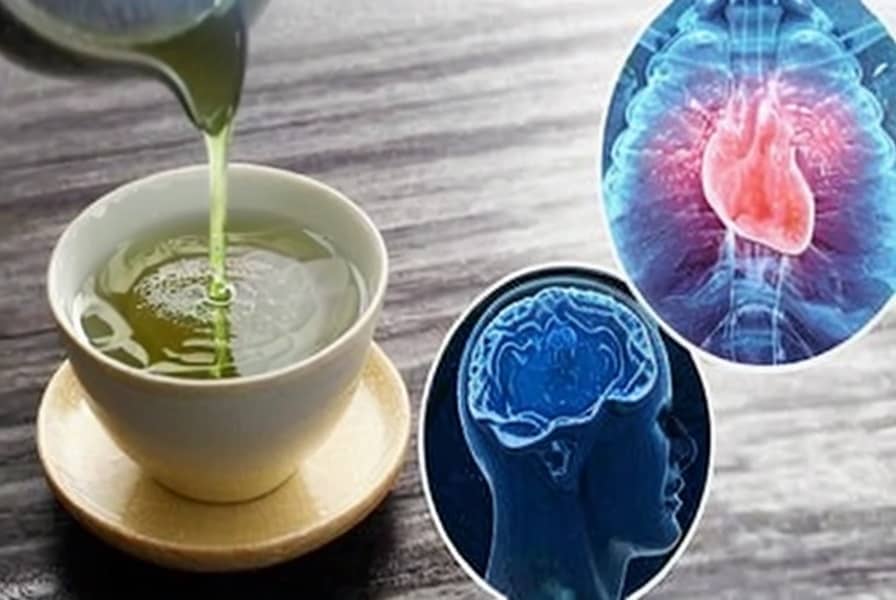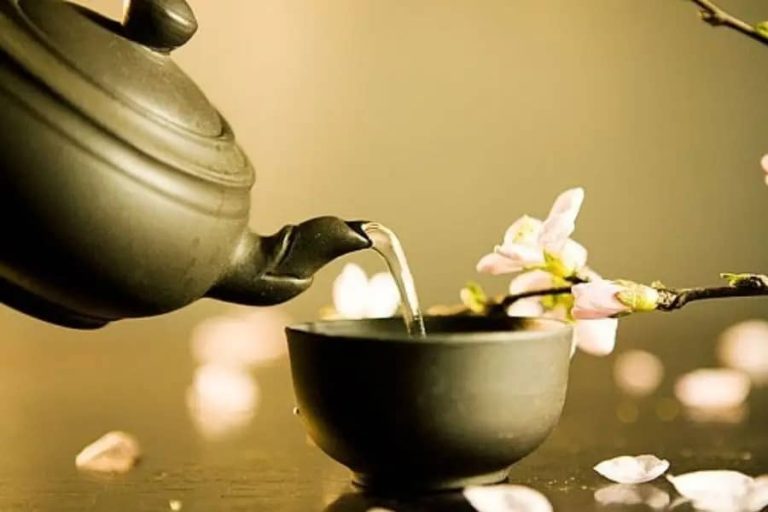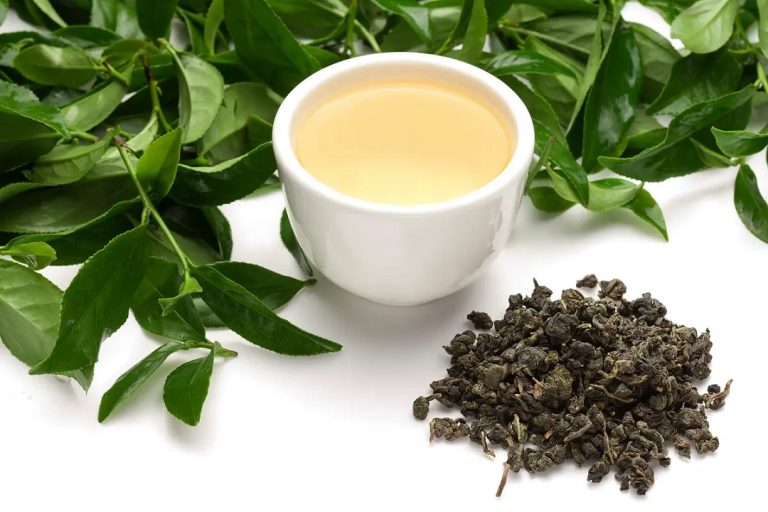Can I Still Drink Green Tea After A Stroke?

Strokes are a leading cause of death and disability worldwide, affecting millions of people each year. While the recovery process can be difficult and challenging, many stroke survivors are eager to explore ways to improve their health and well-being, including through changes to their diet and lifestyle. One beverage that has gained significant attention in recent years is green tea, which has been studied for its potential health benefits, including for post-stroke recovery. In this article, we will explore whether it is safe and beneficial to drink green tea after a stroke.
Understanding Strokes
A stroke occurs when blood flow to the brain is blocked or reduced, causing brain cells to be deprived of oxygen and nutrients. This can lead to serious and lasting damage to the brain, with effects ranging from mild to severe. Common symptoms of stroke include weakness or numbness in the face, arm, or leg, difficulty speaking or understanding speech, and visual impairment. Depending on the severity of the stroke, recovery can take weeks, months, or even years.
Green Tea and Its Components
Green tea is a popular beverage that is enjoyed around the world for both its taste and its potential health benefits. It is made from the leaves of the Camellia sinensis plant, which are steamed or dried to preserve their natural compounds. These compounds include caffeine, catechins, epicatechins, and flavonoids, all of which have antioxidant and anti-inflammatory properties. Previous research has suggested that green tea consumption may reduce the risk of cardiovascular disease, improve brain function, and lower the risk of certain types of cancer.
Interaction Between Green Tea and Stroke Recovery
While the evidence is not yet conclusive, some studies have suggested that green tea consumption may have a positive impact on post-stroke recovery. For example, one study found that drinking green tea was associated with improved scores on cognitive tests, suggesting that it may help to improve brain function in stroke survivors. Another study found that green tea consumption was associated with a lower risk of recurrent strokes in people who had previously suffered a stroke.
Mechanisms of Action
While the precise mechanisms through which green tea might impact post-stroke recovery are not fully understood, several theories have been proposed. One is that the catechins and other compounds in green tea may have neuroprotective effects, helping to reduce damage to brain cells and support their repair and regeneration. Another theory is that the anti-inflammatory and antioxidant properties of green tea may help to reduce inflammation and oxidative stress in the brain, both of which are implicated in stroke damage.
Recommendations and Conclusions
While more research is needed to fully understand the potential benefits of green tea consumption for post-stroke recovery, there is currently no evidence to suggest that drinking green tea is harmful for stroke survivors. In fact, there may be some potential benefits, particularly for improving brain function and reducing the risk of recurrent strokes. However, it is important to keep in mind that green tea should not be relied on as a sole treatment for stroke recovery, and that stroke survivors should always consult with their healthcare providers before making any changes to their diet or lifestyle. Incorporating green tea into a balanced, healthy diet and active lifestyle may be a reasonable strategy for supporting overall health and well-being after a stroke.
















